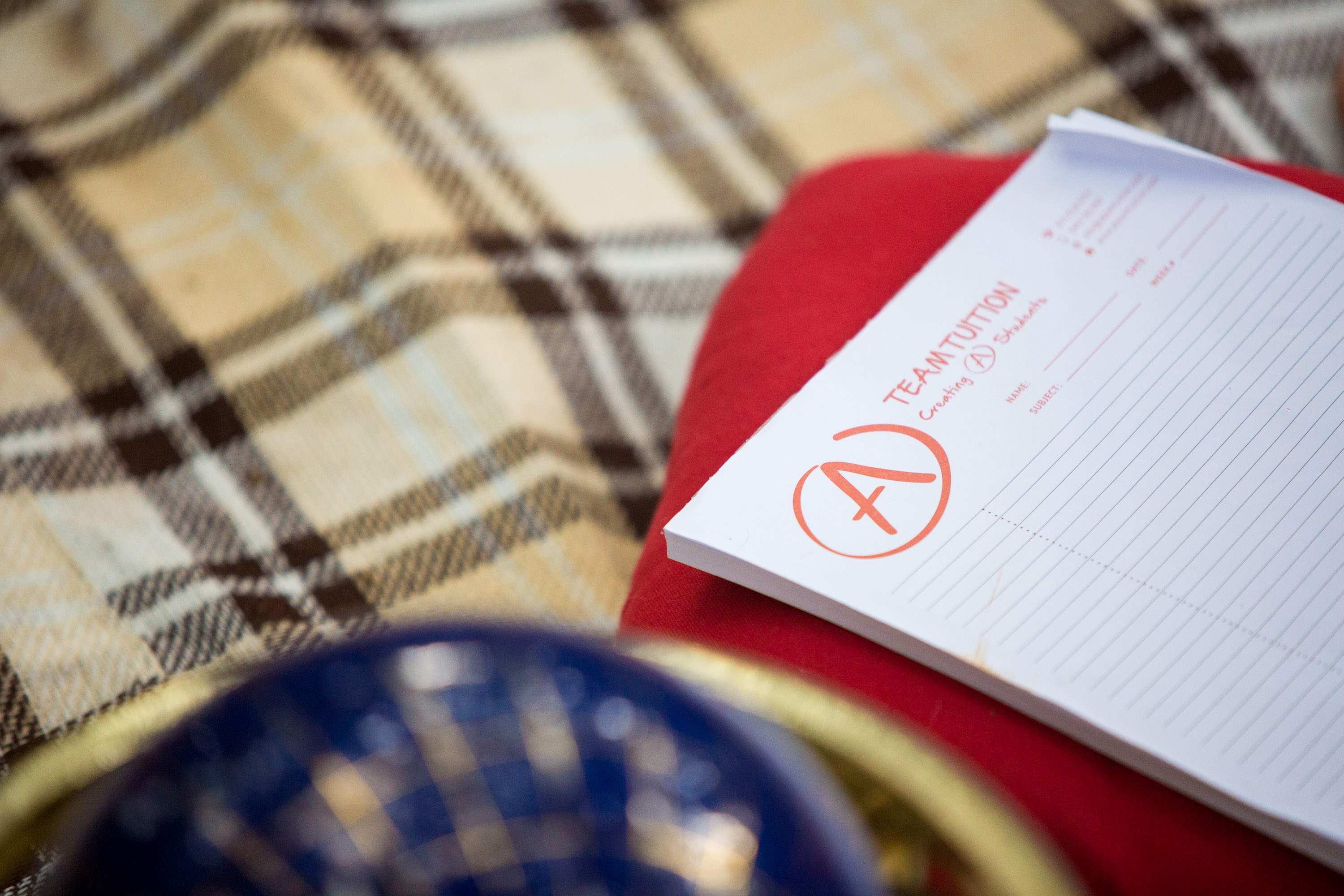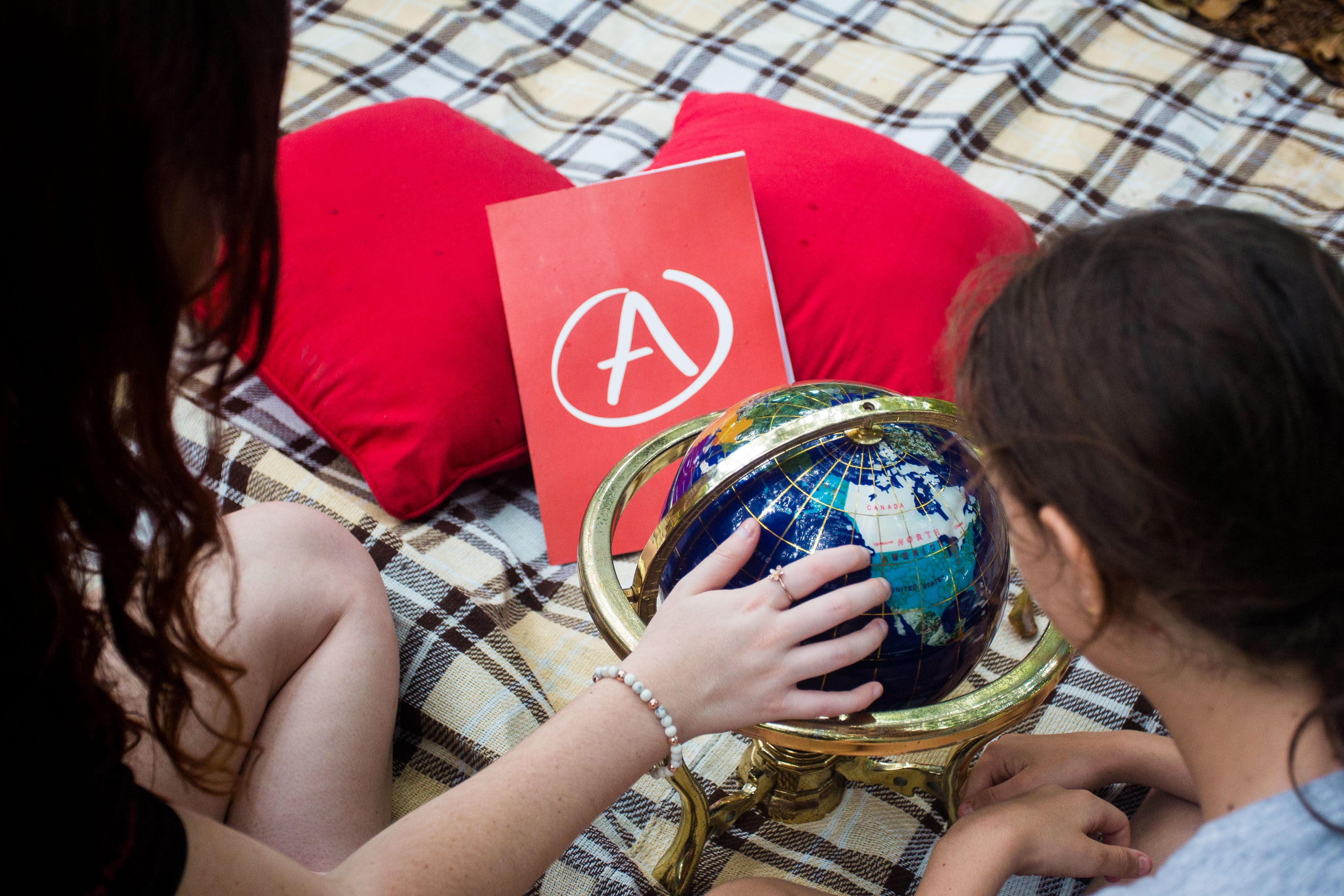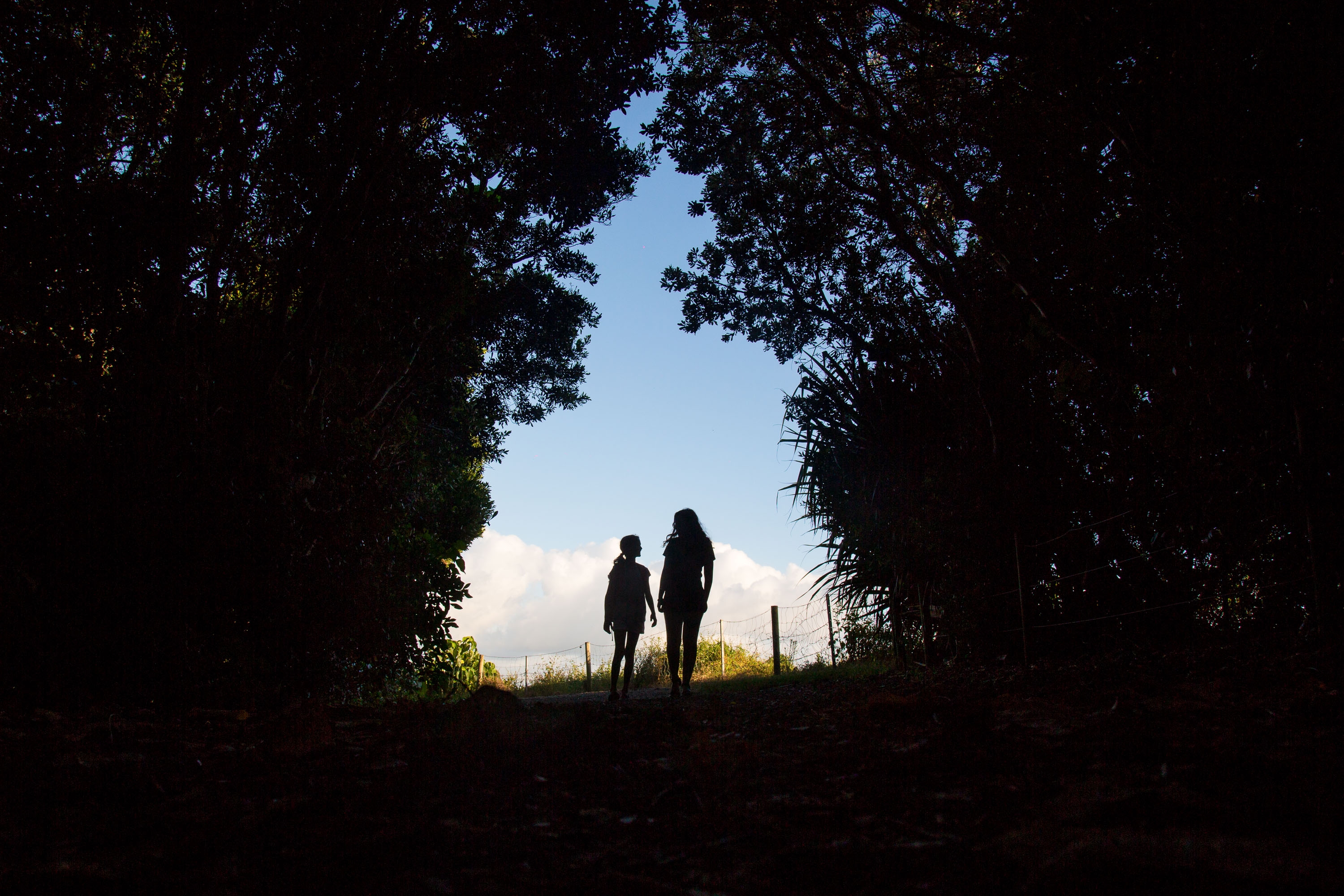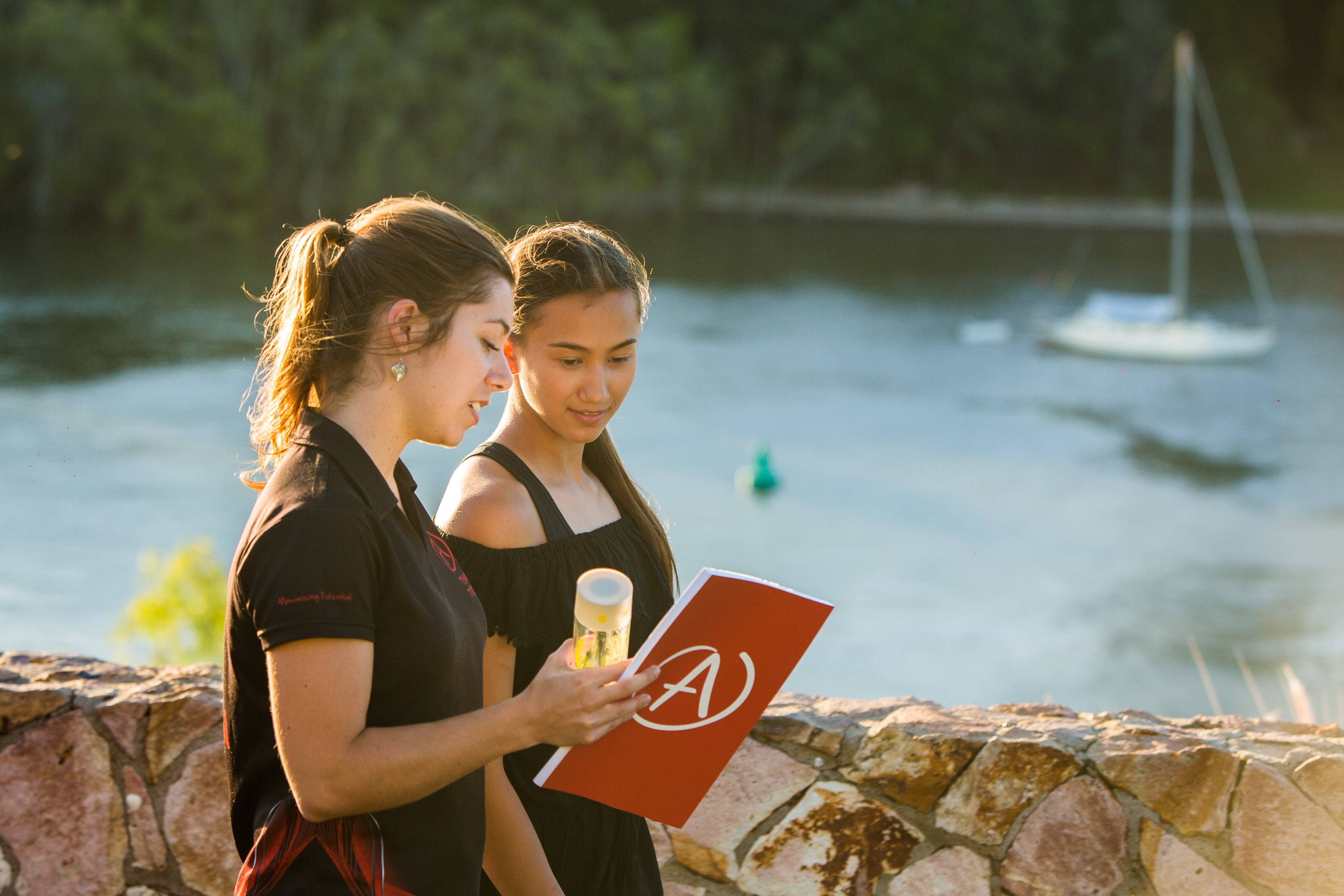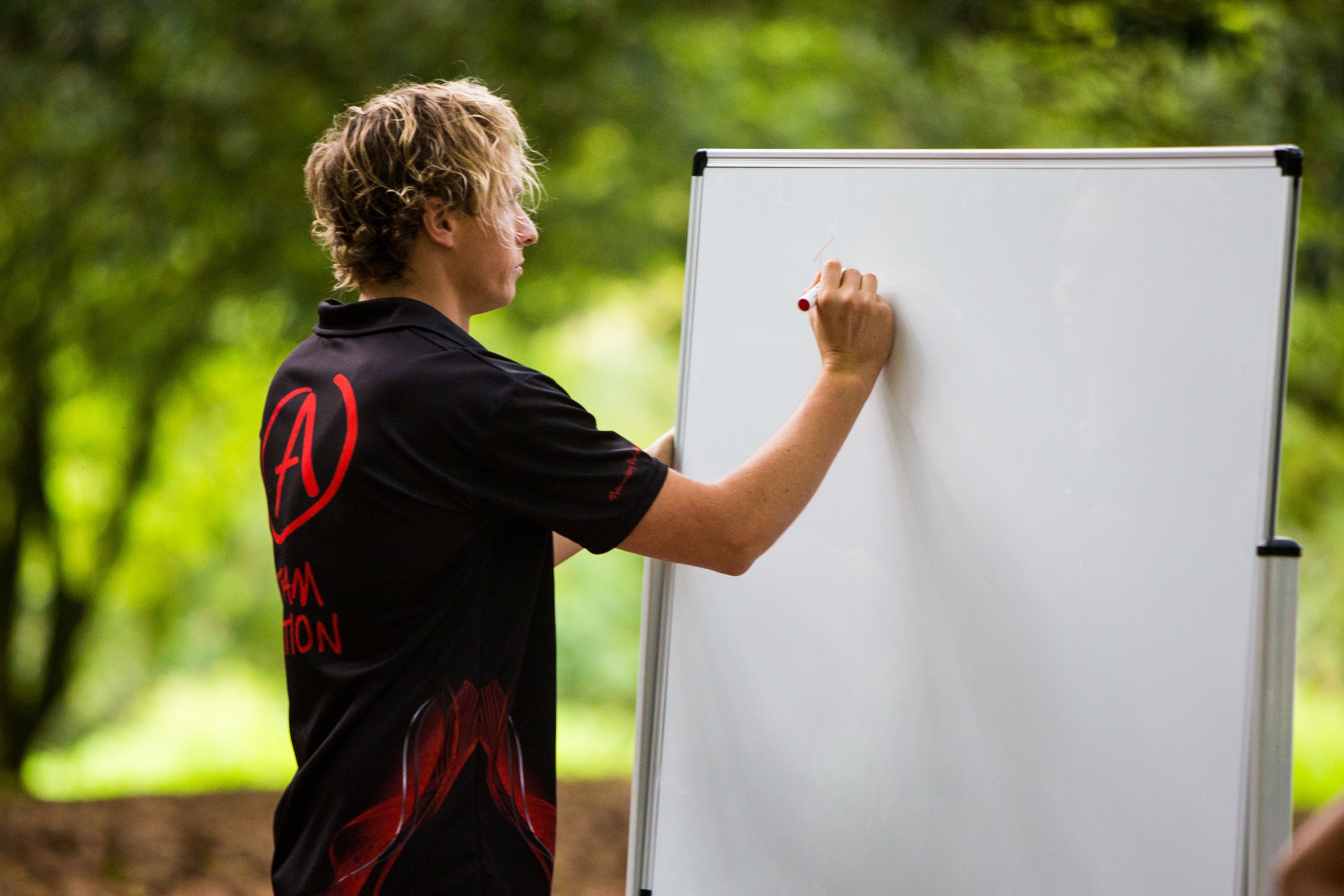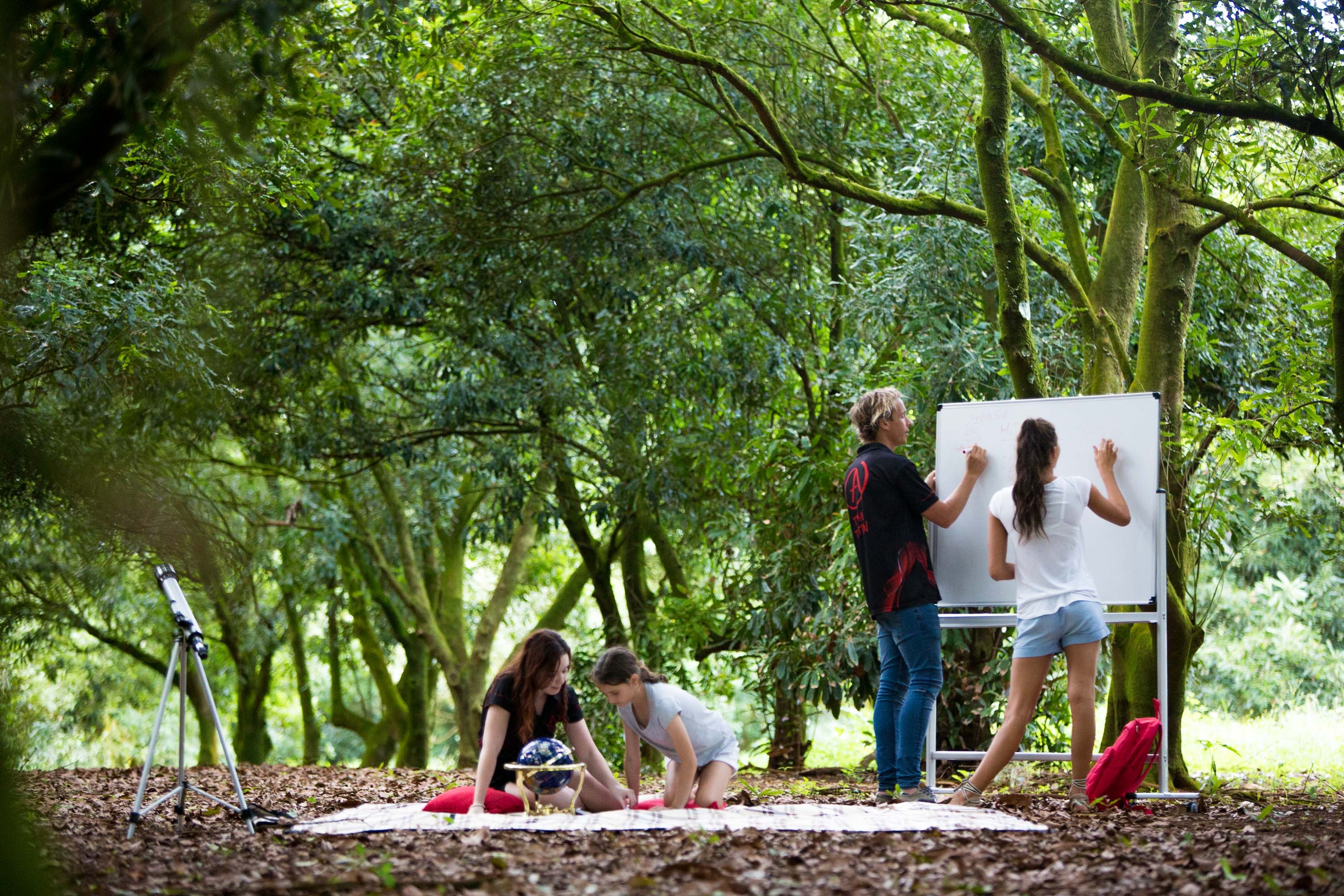Legal Studies has acquired a reputation for being one of the most content heavy subjects you can do during high school, but fear not! Despite the extra reading you may have to do, it is just as easy to achieve an A in Legal Studies as it is to achieve an A in any other subject – provided you follow a set of steps.
Now, before I jump into these steps, I thought I’d mention something very important. Prior to actually using these tips myself, I was sitting on a C+ for Legal Studies at the start of Year 11.
However, once I sat down and started doing the following steps, I found myself topping the subject at the end of Year 11 before eventually starting my dual degree of Bachelor of Laws and International Relations at Bond University. I’ve even been fortunate enough to take my legal skills internationally and represent Bond in Hong Kong!
So, forget what you may have heard on the latest episode of Suits or your latest Netflix binge of The People v. O. J. Simpson, because the secret to achieving an A in Legal Studies is actually found in the following steps!
1. Give context to the scenario, don’t assume we know everything!
A lot of students make the mistake of jumping straight into analysing a legal problem without actually explaining the context at all!
While in some situations you can assume that your audience may be educated on perhaps Australia’s political system, there are other situations where they may not be familiar with the topic at all.
So, first things first; write about why there is a legal problem. For instance, if you’re given the topic “Address the legal issues surrounding laws governing assisted reproduction technology in Australia”, you wouldn’t just dive into relevant case law. You would firstly start by explaining that Australian law is complex and convoluted in this area, which has caused numerous human rights violations.
Establishing the context of your legal problem allows the readers to have a greater understanding of the issue itself. The greater their understanding, the more likely they will follow your analysis.
2. Know the technicalities!
Students often lose marks in Legal Studies based on technicalities. A technicality could be using the correct language throughout your legal assessment – for example, using “plaintiff” or “defendant” when referring to the people involved in a suit.
Another example would be knowing the Australian court hierarchy, and making sure you refer to the correct court in your assessment. The best way to know the technicalities has A LOT to do with the next step:
3. Background reading is your best friend.
Something that I realised halfway through Year 11 was that it simply wasn’t good enough to be able to write a succinct analytical essay for Legal Studies. I actually needed to understand what I was talking about.
In order to understand what I was talking about, I needed to do as much reading as possible.
There is no denying that there is a lot of reading in law. Just accept it! There is nothing you can do about it. Skim reading is not acceptable, you will miss out on the difficult points! Sit down and read everything the first time – trust me, you’ll thank yourself later when you don’t have to go back to refresh your memory!
4. Plan your assessment
You’ve received your Legal Studies assignment and you’re keen as a bean to jump straight into writing-
STOP!
The best way to maximise your chances of receive an “A” is not to word vomit on the entire page. Always plan your work before you start. Chances are, if you start writing your assignment before you’ve actually thought about what you’re writing, your perspective will change hallway through the assignment.
Plan your arguments, find your legal sources and draft your recommendations before you put pen to paper. This will maximise your writing time because you won’t be stopping and starting as you dig up those references!
5. IRAC saves lives (literally).
Legal writing follows a similar structure to what you would see in English. In English, you would typically follow the TEEL (also known as PEEL or SEEL) rule (Topic, Evidence, Elaborate, Link). Legal writing follows a more propositional method: IRAC (Issue, Rule, Application, Conclusion) but it is essentially the same thing!
I: Issue
Firstly, students should identify the legal issue. A legal issue could be something as simple as “whether or not the accused is guilty of murder”.
R: Rule/Principle
Secondly, students should identify the legal principle (also known as the legal rule). This is where it becomes tricky. Legal principles are generally elemental. Maybe the accused is not guilty of murder… Maybe he/she is guilty of manslaughter.
How do we know this? We turn our attention to the legal principle that relates to unlawful homicide.
SIDE NOTE: One of the most important things students should know when learning the law is understanding the two sources of law: common law and legislation.
Here, our legal principle is codified into legislation in section 302 of the Criminal Code (Qld) 1899 which outlines the elements for murder in section 1(a)-(e). One out of the five of these elements requires the offender to intend to cause the death of the person killed. However, if the offender did not intend to cause the death of the person killed, then he/she is not guilty of murder. Rather, that person would be guilty of manslaughter!
A: Application
This leads us into the third component of IRAC: application of the facts. Let’s imagine that someone is playing with matches and suddenly sets a wooden post on fire, which breaks and falls on a pedestrian, killing them upon impact. Did the person who set the wooden post on fire intend to cause the death of the person killed? Arguably not.
Application of the facts is the area in which students will receive the most amount of marks, because it requires students to connect the dots between different legal principles.
The best advice I can give to students when applying the law to the facts is to make sure that you consider all possible outcomes, and make counterarguments where appropriate. Perhaps arson could be an alternative charge? Or maybe the accused could rely on an “accident” defence? Make sure to mention these observations in your answer!
C: Conclusion
Finally, based on their application of the law to the facts, students should choose the conclusive argument which they believe is the strongest and articulate why that is the case. This could be as simple as saying, “Therefore, it is unlikely that Jimmy would be found guilty of murder because he did not intend to cause any harm to the pedestrian.”
When concluding, students should sit back and play “the judge” and imagine what finding a judge would make. Most importantly, don’t make your answer absolute! You can never know for certain what the outcome will be, so always make a tentative conclusion! Do this by noting that “it is likely/unlikely that…”, followed by your conclusion.
Do all of this, and you’ll receive top marks for your structure!
6. Make recommendations, and identify the limitations
So far you’ve identified a legal issue, you’ve discussed why it’s legal issue, outlined the relevant law, applied the facts and made a tentative conclusion. Now what?
You suggest ways in which the law can be improved!
For example, imagine you are analysing the law relating to double jeopardy. Double jeopardy prevents an individual being put on trial for the same crime twice. Only recently, the law reformed in Queensland to retrial an individual in certain circumstances if “new and compelling” evidence unfolds. However, this law is not retrospective, meaning that any crimes that were committed prior to the enactment of the new law on the 25th October 2007 are “safe” from retrial despite if “new and compelling” evidence proves the acquitted person guilty of their crime.
If you were addressing this scenario for Legal Studies, it wouldn’t be enough to achieve that “A” grade by merely making the above assumption. You would have to make recommendations as to how the law should be improved. Here, you could recommend that the law should be retrospective to ensure that all criminals receive punishment for their crimes. It’s that simple!
However, there is a secondary element to this that will push your assessments over the edge.
The prior steps can be identified as foundational requirements to adequately answer a legal question; but in order to achieve that A Grade, students need to go beyond the bare minimum of merely identifying the parties, issues, legal principles, applying the law to the facts and making recommendations.
To demonstrate your knowledge and understanding of the area of law, you need to be able to identify whether your recommendations will give rise to any adverse results – in other words, limitations that your recommendations will result in.
For example, using the above scenario, you have recommended that the Criminal Code (Qld) 1899 should be amended to ensure that the double jeopardy clause applies retrospectively. A limitation here could be that this recommendation would flood the courts with “cold cases”, which will delay a multitude of cases from appearing before the court.
7. Write about your passions
For most activities in Legal Studies, you can have a little bit of leeway to pick and choose the topic you want. The best advice I could give a student is write about your passions!
Sticking to your passions ensures that you will enjoy the time you put into your assessment. Personally, my passion is human rights (which is probably obvious with my above examples). Writing about human rights means that I jump at the chance to read another article on law reform! I can do this for hours, since it’s something I have genuine interest in.
So if you stick to something that you’re truly passionate about, you can’t go wrong!
Thankfully, one of the great things about Legal Studies is that it covers numerous areas, which means you’re bound to set your sights on something you enjoy. I truly believe it’s one of the greatest areas you can endeavour into, and I wish you all the best in achieving the best grades possible for it!
The post How To Get An A In Legal Studies In 7 Steps appeared first on A Team Tuition.
from A Team Tuition http://ift.tt/2E39ho4
via IFTTT


